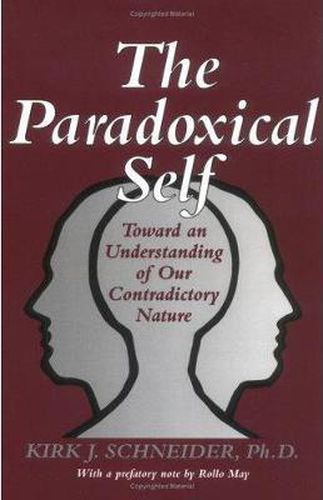Readings Newsletter
Become a Readings Member to make your shopping experience even easier.
Sign in or sign up for free!
You’re not far away from qualifying for FREE standard shipping within Australia
You’ve qualified for FREE standard shipping within Australia
The cart is loading…






Why do so many of us develop extremist psychological patterns, from withdrawal to aggression, friendship to enmity? Why do people vicariously live out their extremes through the actions of others? What can we do to transform these extremes in order to live vital and creative lives? Drawing on the vast literature of existential psychology, Dr. Schneider develops what he calls the paradox principle, based on the assumptions that human experience spans a continuum from constriction to expansion.The former is characterised by the capacity to yield and focus, the latter by the capacity to assert and incorporate. People become dysfunctional, polarised, or excessive, says Schneider, when they fear either of these capacities. After applying his model to a variety of dysfunctional syndromes, Schneider goes on to depict its relevance for psychological health. He ties his model directly to subjects’ personal histories and shows its pertinence to creativity, physical health, religious and social organisations, child rearing, and psychology.
$9.00 standard shipping within Australia
FREE standard shipping within Australia for orders over $100.00
Express & International shipping calculated at checkout
Why do so many of us develop extremist psychological patterns, from withdrawal to aggression, friendship to enmity? Why do people vicariously live out their extremes through the actions of others? What can we do to transform these extremes in order to live vital and creative lives? Drawing on the vast literature of existential psychology, Dr. Schneider develops what he calls the paradox principle, based on the assumptions that human experience spans a continuum from constriction to expansion.The former is characterised by the capacity to yield and focus, the latter by the capacity to assert and incorporate. People become dysfunctional, polarised, or excessive, says Schneider, when they fear either of these capacities. After applying his model to a variety of dysfunctional syndromes, Schneider goes on to depict its relevance for psychological health. He ties his model directly to subjects’ personal histories and shows its pertinence to creativity, physical health, religious and social organisations, child rearing, and psychology.